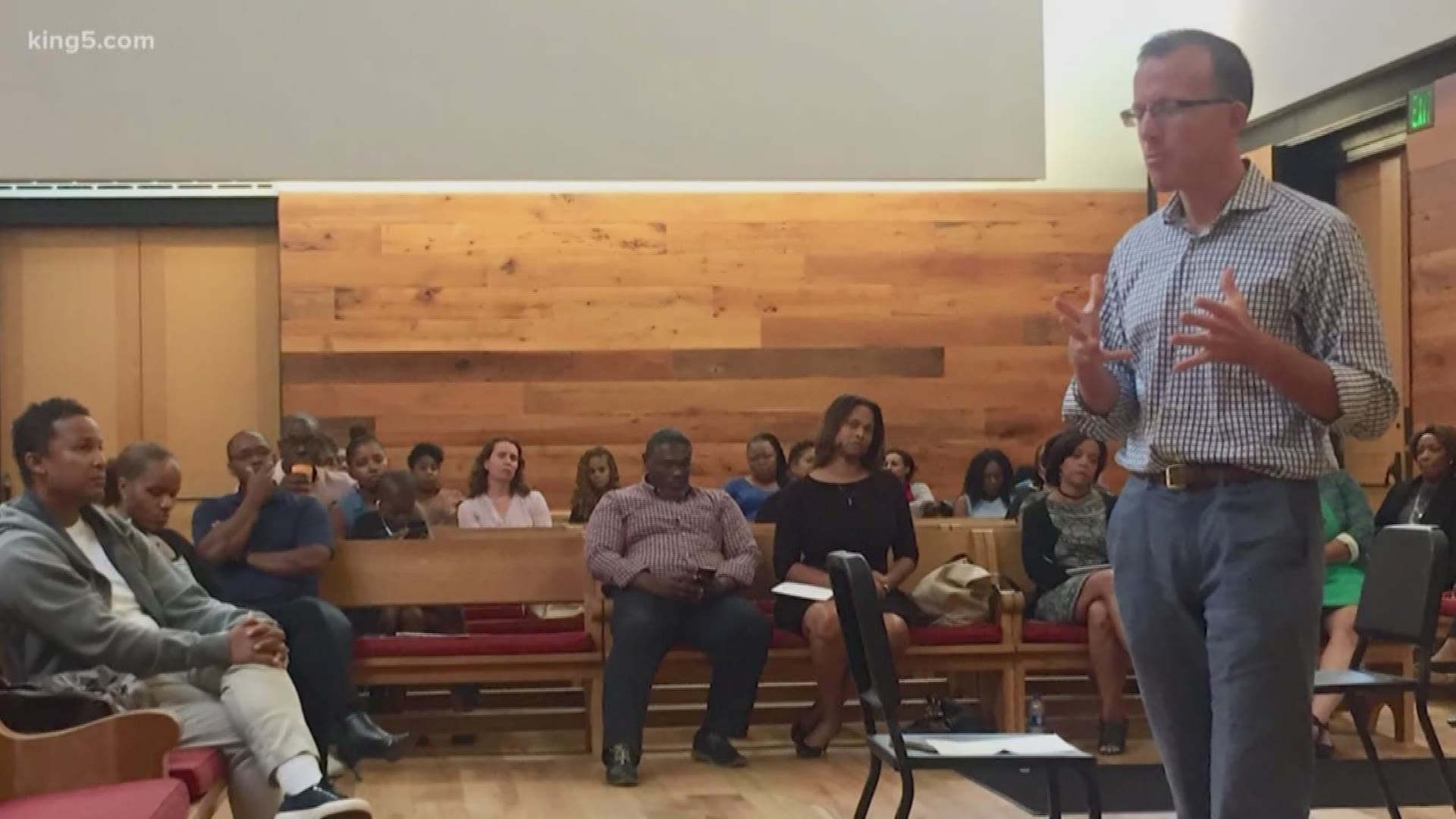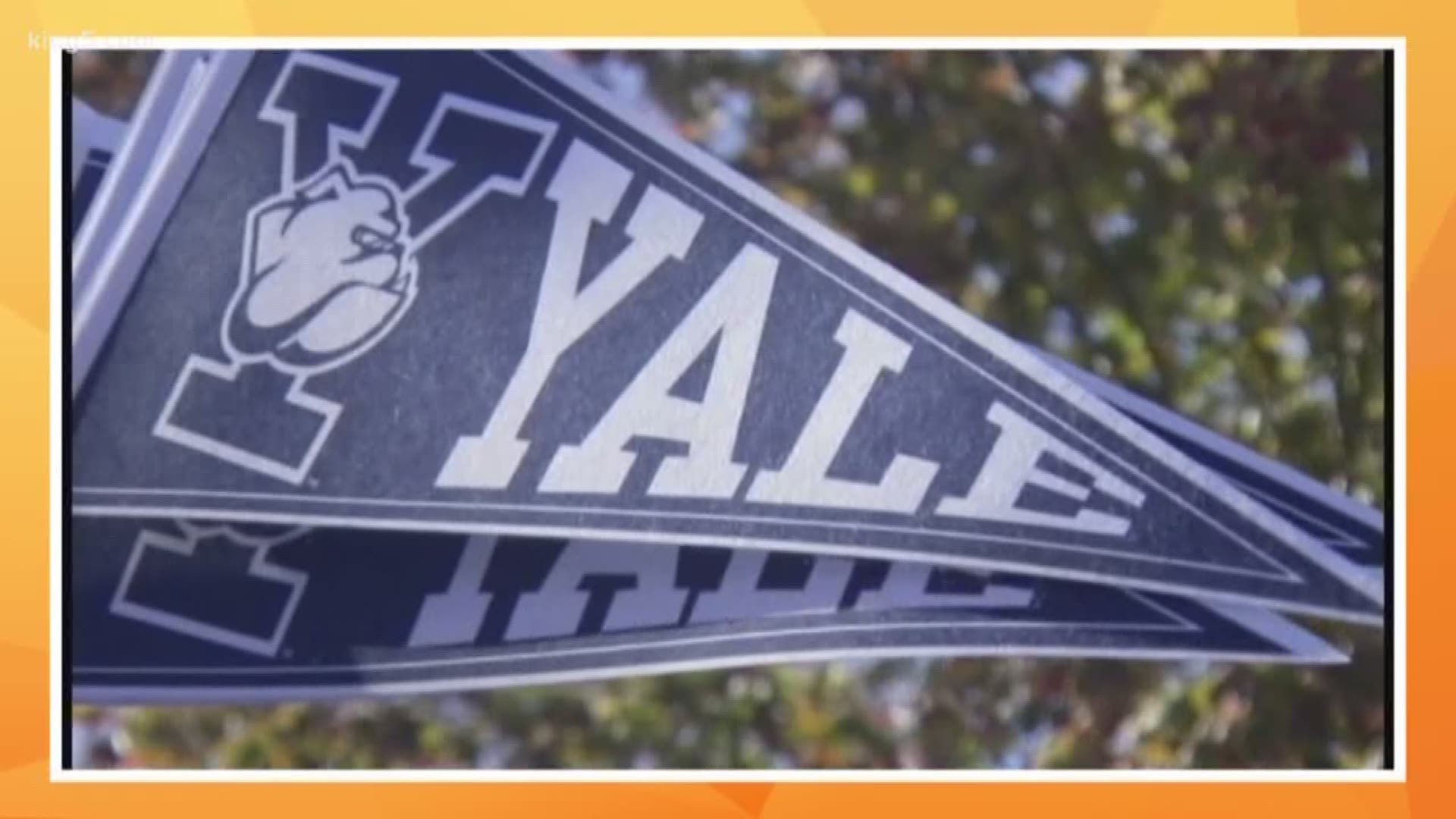SEATTLE — The college admissions scandal, in which several high-profile people and celebrities were arrested for bribing their kids’ way into elite universities, proved to many that the admissions system is rigged towards the wealthy.
However, the evidence is revealing there may be wider systemic injustices that are preventing low-income students from having equal access to higher education.
Paul Tough is the author of The Years that Matter Most, a book that outlines how the college admissions system has shifted to protect the privileged and wealthy.
Tough alleges that the widespread popularity of SAT and ACT tutoring courses allows parents with enough money to spend a large sum for the near guarantee of improved test scores.
“Part of that spread in test scores just has to do with the resources that we commit to K-12 education,” Tough admitted.
But beyond prior education, SAT/ACT prep courses have been shown to regularly increase students’ test scores by a large margin, albeit with a hefty price tag.
Tough pointed to Ned Johnson, a tutor operating out of the Washington D.C. suburbs, who charges $400 an hour for his test-prep services.
“It worked,” said Tough, “he would work with these students and their SAT scores would go up by hundreds of points.”
Johnson advocates for building confidence, stating that if he can change the way a student thinks about themselves, he can change the score they receive.
It raises the question: why are colleges relying so heavily on standardized test scores when the results are so easily influenced by the wealth of the student?
This question is starting to be addressed by some institutions, like the University of Texas which has begun automatically admitting students within the top 6% of their class, but the vast majority continue to rely on standardized test scores for admission.


